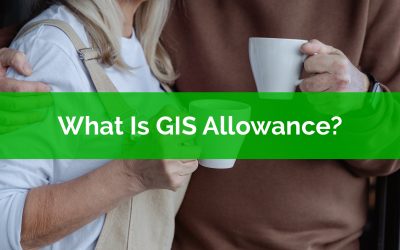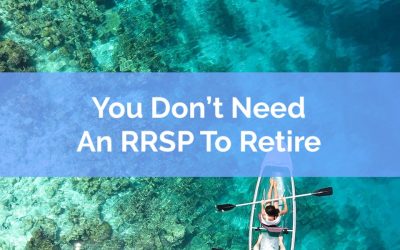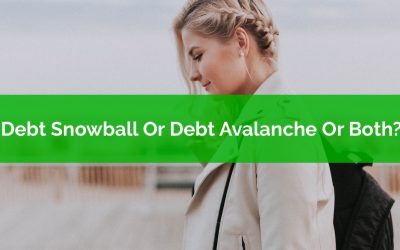Thank you for your interest in PlanEasy!
We will send you an update prior to launch!
Check out our latest blog posts…
What Is GIS Allowance?
GIS Allowance is one of those unique government benefits. It applies only in very specific situations, but when it does apply, it can be very large.
GIS stands for the Guaranteed Income Supplement and it’s a government benefit for low- and moderate-income retirees. It is available after the age of 65 if OAS benefits have begun and if taxable income (line 23600 on your tax return) is below a certain threshold.
Allowance is another government benefit tied to GIS. Allowance is only available in very specific situations but it’s worth over $1,200 per month or $14,000 per year!
Given the size of GIS Allowance it can be very beneficial to understand how it works and when it applies. But, because it’s so rare, its often not considered when creating a retirement drawdown strategy. Unfortunately, not adjusting a financial plan for GIS Allowance will make retirement unnecessarily difficult for lower-income couples.
GIS Allowance is a government benefit that applies in only a few situations, but it is a benefit that is extremely large, and therefore it’s important to understand if and when you may qualify.
You Don’t Need An RRSP To Retire
When it comes to retirement there is a lot of focus put on the RRSP. The Registered Retirement Savings Plan seems like an obvious choice for retirement (it even has retirement in the name after all!). But for many of us an RRSP isn’t necessary, and it might even be counterproductive!
There’s a new retirement account on the block and it’s called the TFSA. Just over 10 years old, the TFSA is relatively new to the retirement savings game. Starting in 2009, it changed the way we look at retirement savings.
If you’re new to RRSP vs TFSA debate, it’s important to know that there are pros and cons for each account. RRSP’s do have the advantage in a few different areas, especially if you have high income or have a family and receive child benefits (either the Canada Child Benefit or a provincial child benefit). TFSA’s also have their share of benefits too. For low- and middle-income households, the TFSA has a few big advantages.
When deciding which is the right one for you need to look at multiple factors. Factors like income taxes, government benefits, creditor protection, and even human behaviour.
When deciding between the TFSA or the RRSP the key thing to remember is that you don’t actually NEED an RRSP to retire. Someone can easily retire with only a TFSA.
There are four things you need to know if you’re going to avoid the RRSP and only use the TFSA for retirement…
Debt Snowball Or Debt Avalanche Or Both?
When it comes to paying off debt there are two popular strategies. These strategies are known as “the debt snowball” and “the debt avalanche”.
These are the two most popular strategies to pay off debt and they either take advantage of human psychology OR mathematics to help pay off debt faster.
Which debt payoff strategy you should choose depends on your situation. Choosing one method vs the other may mean paying off your debt off faster or…. it could mean taking longer to pay off your debt and making more interest payments.
The problem is that everyone is different and there isn’t a one-size-fits-all strategy. We have different amounts of debt, we have different types of debt, and those debts carry different interest rates (and to make it even more complicated, some kinds of debt are tax deductible or let you reduce payments in difficult times, like some student loans, which can be a very valuable benefit!).
On top of this we all value things differently. Some of us prefer that immediate feedback of paying off the first debt the fastest (even if it means paying a bit more in the long run). Whereas some of us prefer to delay gratification a little bit, as long as it’s worthwhile and we pay less interest in the end.
Choosing the right debt paydown strategy will depend on your personal situation and who you are as a person. In this post, we’ll summarize the two different methods and propose a third method that combines the best of both worlds.
We’ll also show you a cool little debt calculator that will help you decide which debt to pay off first.



